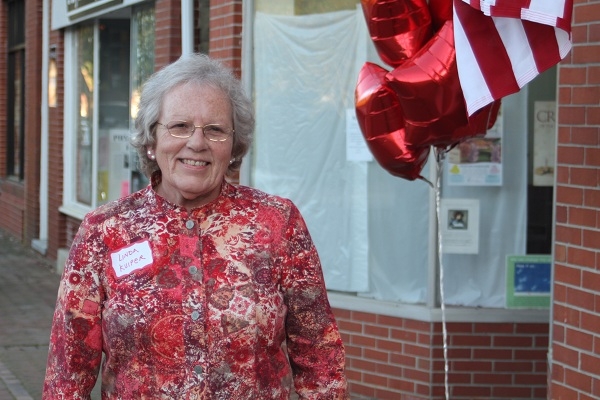In a 4-1 vote, the Chestertown Council passed a campaign finance ordinance on Monday that requires candidates for mayor and council to disclose the source and amounts of contributions they receive.
Ward 2 Councilwoman Linda Kuiper voted against in objection to the provisions for runoff elections.
“If you can lose an election by one vote, you can win an election by one vote,” Kuiper told the Spy after the meeting. “Why should the town go through the extra expense of a runoff election?”
A runoff election will take place between the two candidates with the most votes when four or more candidates run for the same seat without securing at least 35 percent of the vote.
Kuiper said she once lost a bid in the 90s to become president of the Kent County Republican Central Committee by one vote.
“Those are the breaks,” she said.
Other provisions in the ordinance set contribution limits by individuals and organizations at $500 for ward candidates and $1,000 for mayoral candidates.
The ordinance was sponsored by Ward 4 Councilman Marty Stetson, who lamented about the sums of money spent in last November’s election. He also objected that donations were allowed to be anonymous. Mayor Chris Cerino and council members Sam Shoge and Liz Gross did not make voluntary disclosures.
Chestertown now joins about a dozen municipalities that have passed campaign finance reform. There are currently no state laws governing campaign finance in municipal elections.



Ron Jordan says
Editor,
Concerning campaign reform. Why is it that when a council person or a even a mayoral candidate runs for a higher office, the candidate is able to retain their current position if they lose their bid for a higher position. Case in point, Ms. Kuiper ran for Mayor but lost and was able to maintain her position. I propose that if you are a council person and you run for a higher office that you give up that office to run. My theory is a council person shouldn’t have a fall back position, it’s either all in or all out.